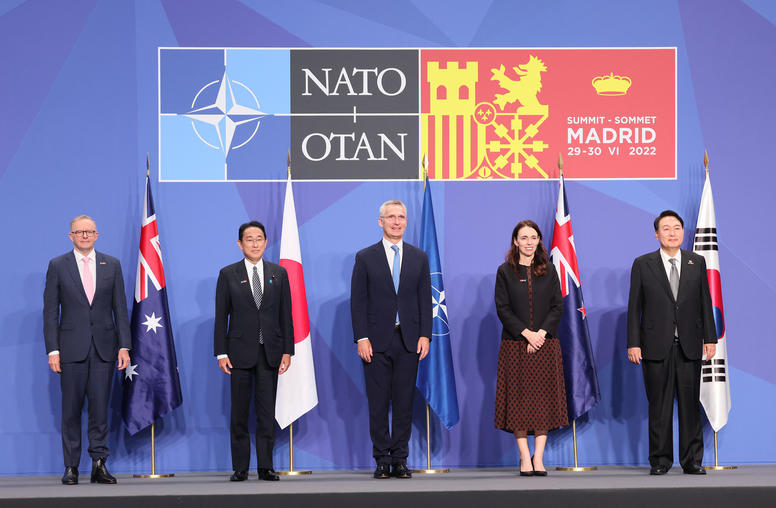Security Sector Governance and Reform
The focus of this course is on the role of security sector governance and security sector reform as key components for creating safety and security for individuals and communities. It will explain how to approach security sector governance an reform from USIP’s unique peacebuilding perspective. The course will include classic, historical examples of these processes, as well as more modern case studies. This course also describes how security sector institutions - such as police, courts, and the military – can be improved, and why the U.S. Institute of Peace is involved in security sector governance and reform efforts. In cases of security sector improvement, the security sector can contribute to the development of peace within a country – either before, during, or after violent conflict.

Learning Objectives
By the end of this course, participants will be able to:
- Describe and discuss the multiple definitions and practices of security sector governance and reform.
- Explain how to approach security sector governance and reform from a peacebuilding perspective.
- Understand how security sector governance and reform have been applied to historical and modern examples across the globe.
- Identify root causes of security sector governance and reform challenges.
- Grapple with the complex relationship between security sectors and local populations, including as it relates to gender and ethnic minorities.
- Identify innovative practices in peacebuilding approaches to improve good governance of security and security sectors.
If you cannot view the video, click here to watch it on YouTube.
Agenda:
Chapter 1 - SSG/R from a Peacebuilding Perspective
The first chapter of this course explores the complexity of SSG/R from a peacebuilding perspective. It begins by defining key terminology, including security sector actors, security sector governance, and security sector reform.
Chapter 2 - Institutional Approaches
This chapter introduces structural drivers and triggers of election violence, and commonly used analytical frameworks.
Chapter 3 - Public Participation, External Oversight, and Community-Based Approaches
This chapter identifies upstream or early prevention approaches.
Chapter 4 - Beyond Context Matters – Local Ownership and Political Economy
This chapter introduces short-term prevention options to mitigate risk or quickly intervene where election violence is imminent or ongoing.
Chapter 5 - More Inclusive Security
This chapter examines gender-related challenges and issues in the security sector, programming approaches to address them, and how to approach SSG programming through the lens of gender inclusivity, with a focus on gender analysis.
Chapter 6 - Elite Capture
Chapter 6 defines elite capture and its motivations, drawing on recent research and efforts by USIP to understand and tackle elite capture and corruption of security sectors.
Chapter 7 - Conclusion
In the final chapter, you will be asked to reflect on what you have learned in the course, provide feedback, and complete a final exam to earn your certificate.



